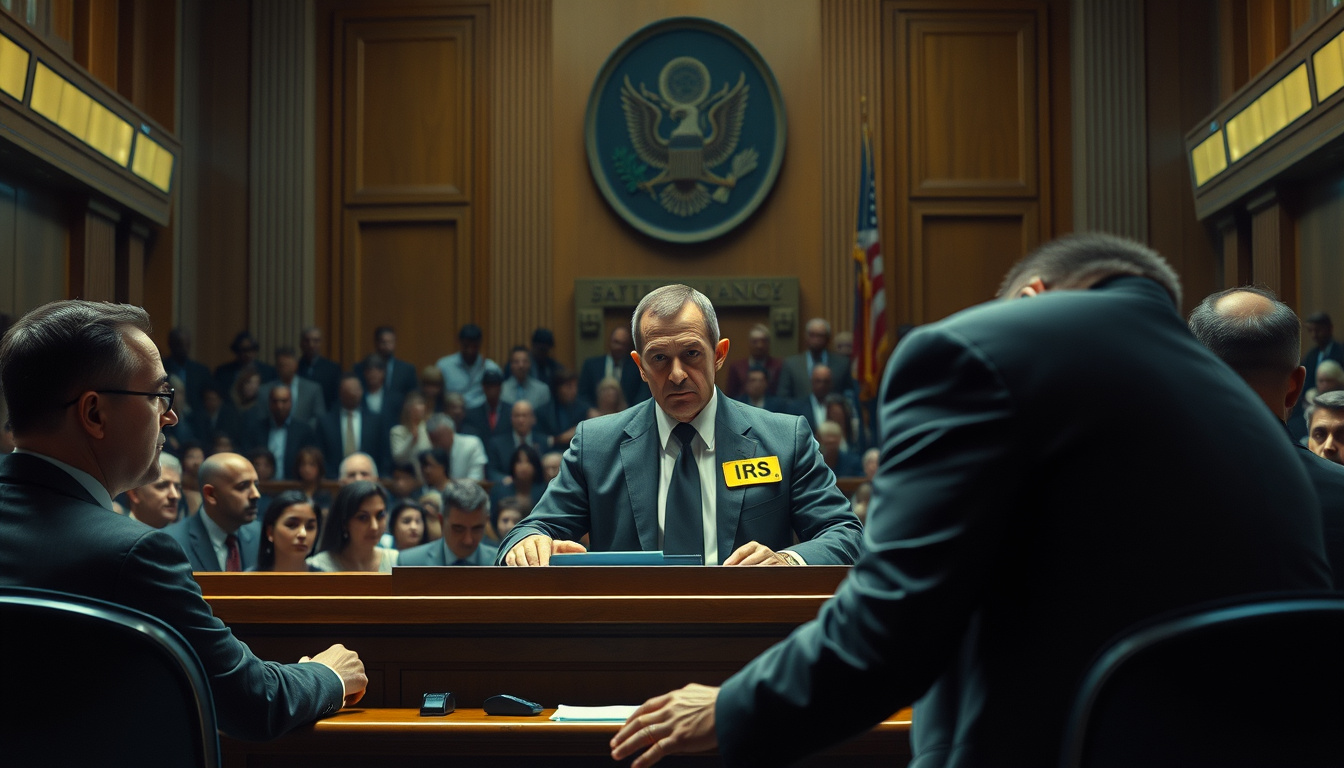The Tornado Cash trial has captured significant attention due to its implications for cryptocurrency regulation and privacy.
As this high-stakes legal battle unfolds, recent developments have taken center stage, particularly the defense's push for a mistrial in response to crucial testimonies from IRS Special Agent Stephan George.
In this article, we will delve into the details of the trial, including the background of the case, key testimonies, and the potential implications for the future of crypto regulation.
Crypto News, Articles and Reports

Key Takeaways
- The defense's mistrial motion was challenged by IRS Agent Stephan George's reliable testimony.
- George successfully traced stolen funds from the first witness, reinforcing the prosecution's case.
- The upcoming trial sessions will focus on further questioning of Agent George by the defense.
Background of the Tornado Cash Trial
The Tornado Cash trial has captivated the attention of the cryptocurrency community and legal experts alike, primarily due to its implications for privacy protocols in digital transactions.
The case centers around Tornado Cash, a tool that anonymizes cryptocurrency transactions, entangled in a legal web after accusations of facilitating money laundering.
Recently, the defense's attempts to declare a mistrial were ignited by FBI agent Joel DeCapua's inability to directly link the stolen funds from the first witness, Hanfeng Lin, to Tornado Cash itself.
However, the dynamics shifted when IRS Special Agent Stephan George testified, drawing from his expertise with blockchain analysis tools.
His findings revealed a traceable path for approximately 149,000 USDT from Lin's Crypto.com account that eventually reached Tornado Cash, especially following the conversion of some funds to Ethereum.
This new evidence is vital as it undermines the defense's argument for a mistrial.
Even under intense scrutiny during cross-examinations, George's analyses held firm, casting doubt on the defense's strategy.
As the trial progresses, the focus will shift to continued questioning of George, which could further illuminate the complexities surrounding the use of Tornado Cash in potentially illicit activities.
Key Testimonies and Their Implications
The implications of IRS Special Agent Stephan George's testimony cannot be understated, as they highlight the growing scrutiny of privacy protocols in cryptocurrency transactions.
With heightened regulatory pressure surrounding digital currencies, the trial reveals how blockchain forensics is being utilized not only to trace funds but also to establish accountability in the crypto space.
George’s work illustrates the importance of transparency and traceability in combating illicit activities such as money laundering, and it brings to light the role of law enforcement in adapting to the evolving technologies within the cryptocurrencies ecosystem.
Furthermore, this case serves as a pivotal moment, indicative of broader regulatory trends and enforcement actions that are likely to shape the future landscape of cryptocurrency usage.
The trial's outcome may set significant precedents regarding the legality of anonymous transactions, influencing both legislation and the operational framework of privacy tools like Tornado Cash.
By Wolfy Wealth - Empowering crypto investors since 2016
Get Wolfy Wealth Premium
Disclosure: Authors may be crypto investors mentioned in this newsletter. Wolfy Wealth Crypto newsletter, does not represent an offer to trade securities or other financial instruments. Our analyses, information and investment strategies are for informational purposes only, in order to spread knowledge about the crypto market. Any investments in variable income may cause partial or total loss of the capital used. Therefore, the recipient of this newsletter should always develop their own analyses and investment strategies. In addition, any investment decisions should be based on the investor's risk profile.
